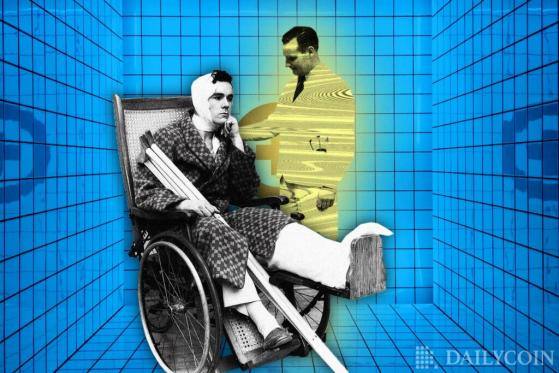Healthcare firm Thumbay Group will launch the UAE’s and the world’s first hospital in the metaverse in the next few months.
Metaverse Hospital
Augmented reality and virtual reality metaverse technologies will serve to create immersive remote consultations with doctors. Thumbay Group executives believe it will also help health tourism, as the prospective patients can check the facilities before choosing the health provider.
"We are already working on it and expect it to launch before October this year. This will be a complete virtual hospital where people will come with an avatar and consult with the doctor. To cater to medical tourism, we will allow patients to see what the hospital looks like in the metaverse if they travel and come to Thumbay healthcare facility," said Dr. Thumbay Moideen, founder and president of Thumbay Group. Virtual reality in the health system can become a way for long-term care patients or people with permanent disabilities to experience the surrounding world. Moideen explained that by giving patients AR and VR headsets, health workers can help the patient to feel at home.
"For example, a Sri Lankan person has been with us for a long period of time who was paralyzed after a car accident, and all of his sensory motions are gone, but only his brain is functioning.
He can experience and virtually visit his room in Sri Lanka through AR and VAR technology. This motivates long-term care patients and gives them hope that they can go back to their country."
Adoption of Hitech in Healthcare
The UAE’s public and private sectors are seeing massive adoption of the metaverse. Last January, the UAE Ministry of Health and Community Protection (MOHAP) launched the healthcare customer service center in the metaverse.
In the MetaHealth environment, customers can request information, submit documents, pay fees, and chat with real people, with the real faces of users being displayed in the virtual room instead of avatars.
Apart from embracing the metaverse, Akbar Moideen Thumbay, vice-president of Thumbay Group, said the group is integrating artificial intelligence into their hospital system. Using VR technology and cameras, it will be possible to identify the patient from the car number plate and the face.
"When a patient arrives at the reception, his file is already open. The process of showing identity or insurance card will be eliminated. This will be implemented throughout the Thumbay university hospital. If a patient goes to the pharmacy, cameras will recognize his face, and the system will indicate to the pharmacist that the patient has come to collect his medicine," he added.
